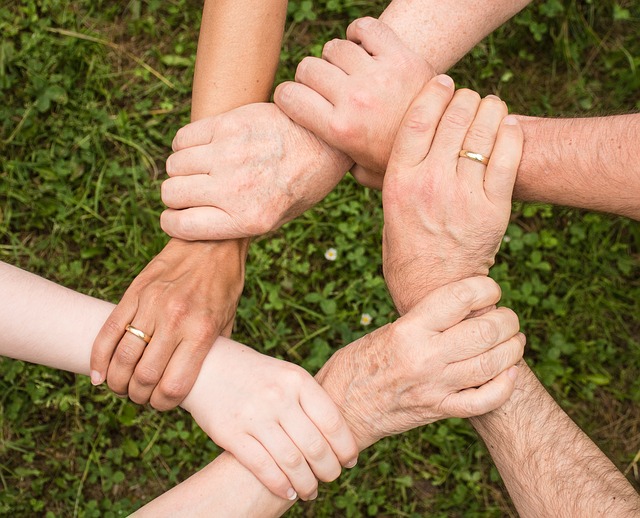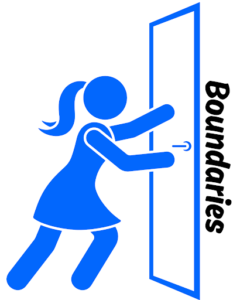Help, no one wants to ask for help or thinks they need help. However, when grief and loss smack you around help can be a blessing to you and to those who provide the help as well.
A wise person once told me that I needed to allow people to bless me with help that finally broke through my stubborn head.
I couldn’t think about what type of help I needed. I didn’t even know. That’s often the case with someone in the deep throes of mourning. They can hardly breathe much less think.
Allowing those to help you provides such a blessing to you and them. I can never thank enough what I called my “angels” that came and cleaned, did yard work, brought food, took care of my animals, you name it. Things just got done by angels. I am so glad I allowed them to help. It still warms my heart eight years later.
Here are some practical things to ask for help with.
Household Help
This topic is easier for many to cope with because they can actually DO this and it’s is helpful.
- Yard care – ask for help or hire someone [ great place for youth to help and give back in service]
- Home care – asking/allowing someone to clean, dust, vacuum, do laundry, take out the trash, etc.
- Organizing – after a death there is SO much to organize both logistically and physically – give those helpful planners and organizers something to do. Plan the after the memorial service, help with thank you cards, help with organizing the paperwork, etc.
- Child care – asking for help, let someone take the kids for a few hours, allow yourself some alone time, take them to xyz activity, run them school, church, practices
Emotional Help
This topic is more challenging and needs special thought and care. Emotional help needs to be actual help and not hurtful – see those “helpful others” blogs for who you do NOT need “helping.”
- Friends and family can be places of support.
- However, note they may not be able to support you and/or having their own emotional grief needs.
- Find professional support – be that in the form of spiritual leader, counselor, therapist or coach. Find a professional to help.
- I have a saying – You Don’t Need to Do This Alone.
- Join a support group – Griefshare.org for example
When to seek professional help
We are not medical professionals nor have all of the answers. Please seek professional help if you feel you may need it.
Here are a few signs that it might be time to seek additional help through a professional.
- Prolonged deep sadness that continues to worsen
- Feelings of depression – seek a professional for diagnosis
- Preoccupation with the deceased and circumstances around death
- Poor sleep habits – sleeping a lot or too little
- Avoidance of reminders of the deceased
- Large weight gain or loss (huge appetite or loss of appetite)
- Thoughts of suicide – Get help immediately –
- call 911 or the US. National suicide hotline 1-800-273-8255
We have resources on our website that can be used as well. Reach out and please ask.
We’d love to hear from you. Please comment and share your experiences. If you have resources please share with our community.
Peace & Blessings,
Teresa Bitner – PMP, M.Ed, ACC




